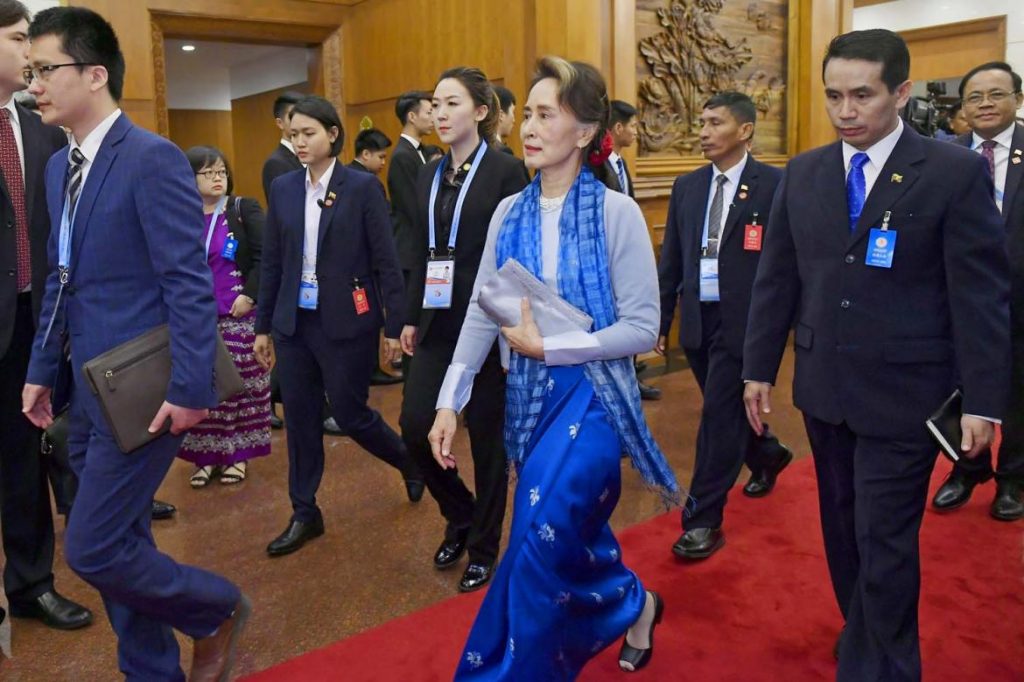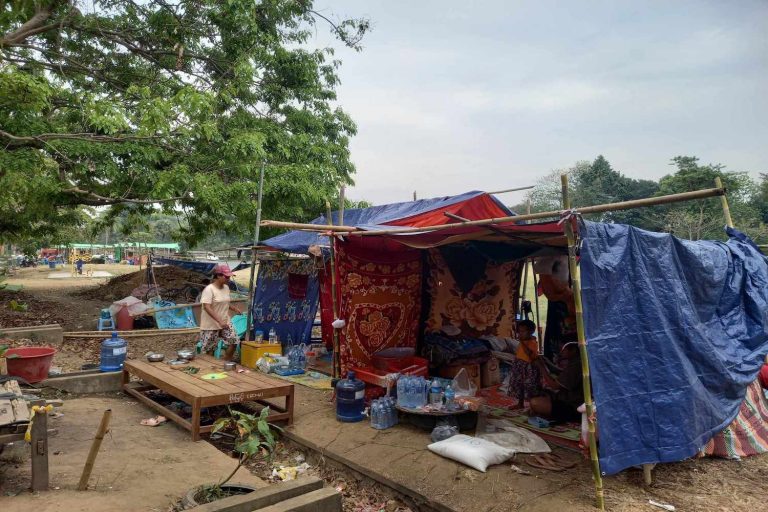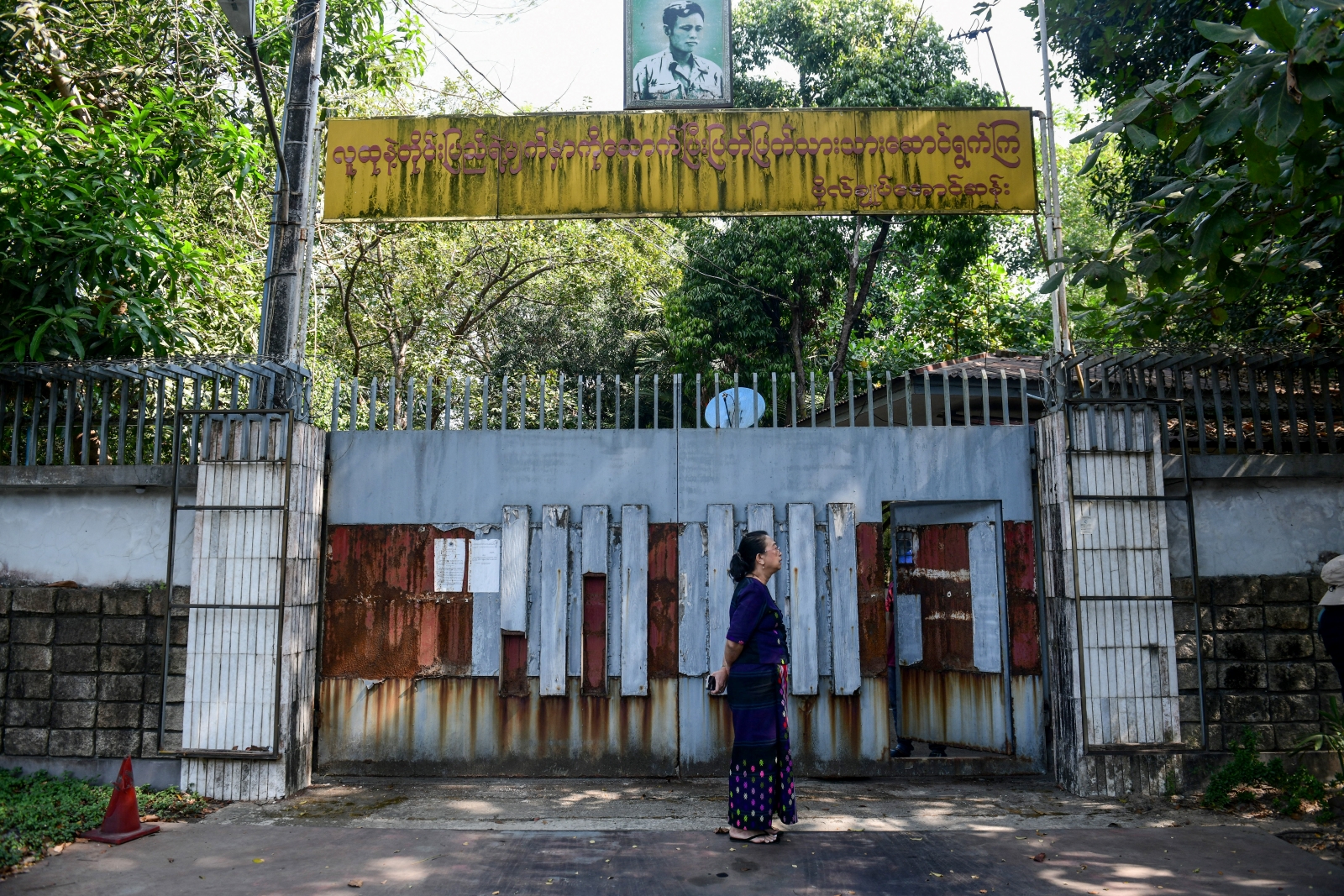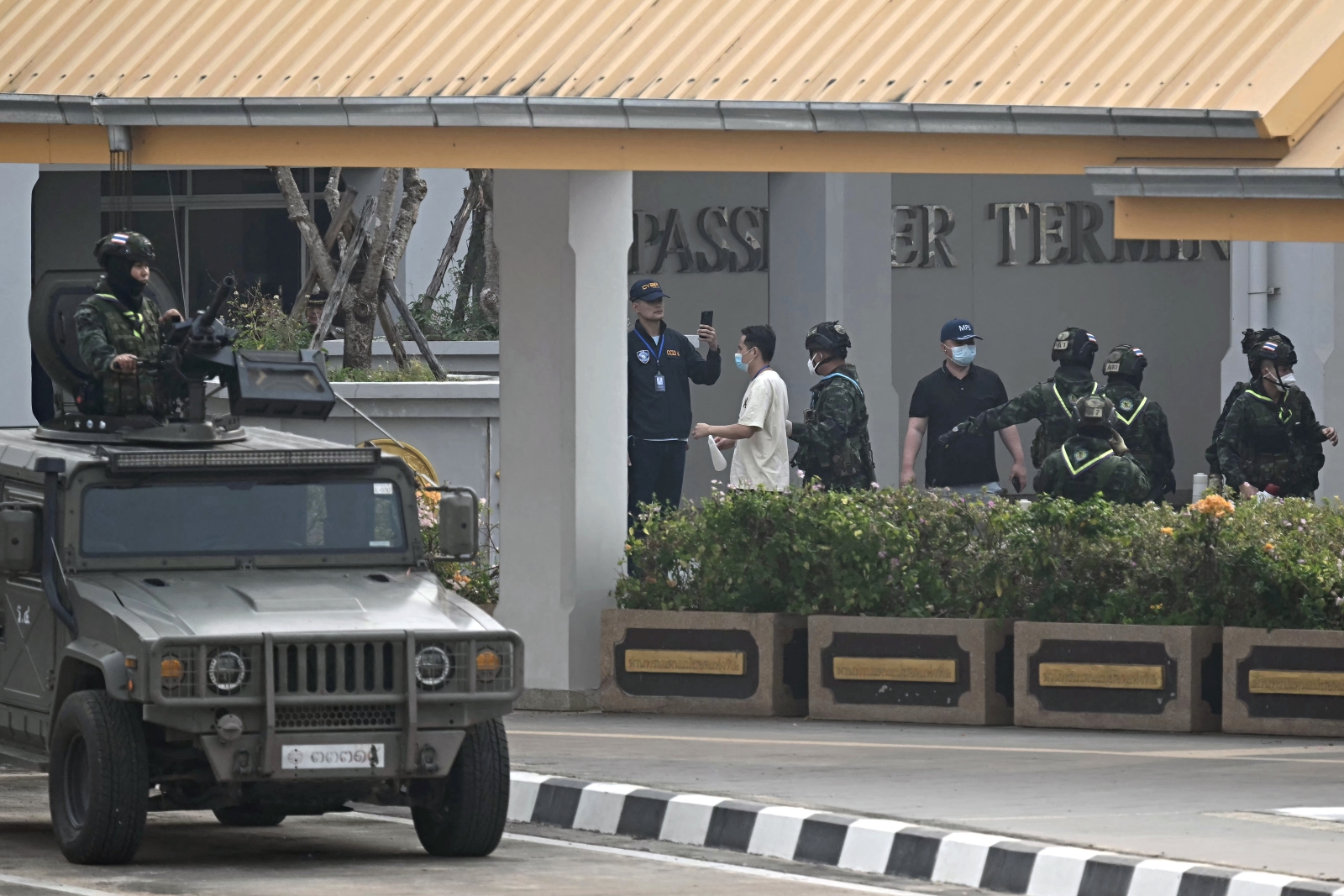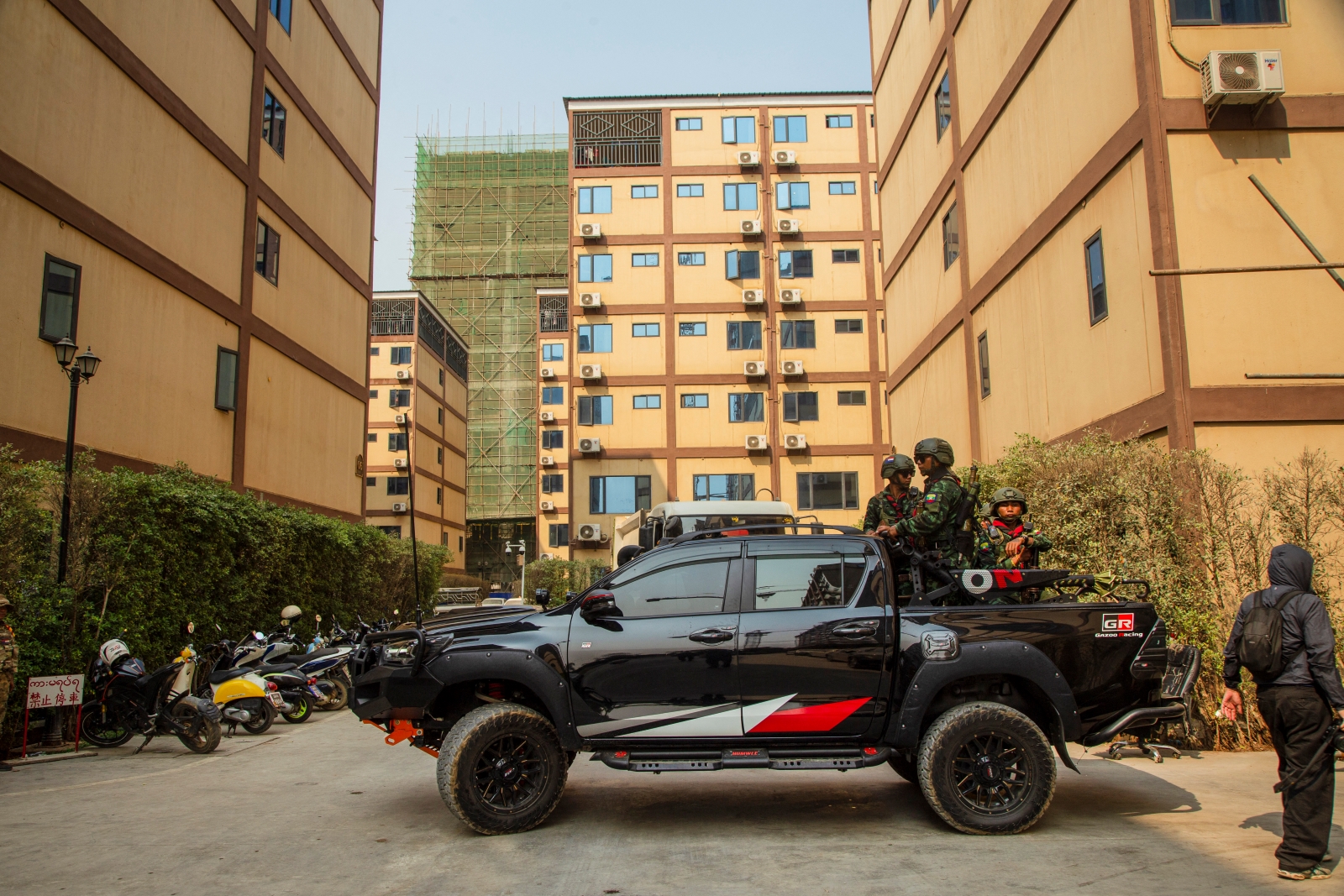Myanmar needs to enact a series of measures to ensure that Belt and Road Initiative projects benefit the nation and its citizens as much as they do big Chinese companies.
By AUNG ZIN PHYO THEIN | FRONTIER
“As a rule, the police are soft on the tough and tough on the soft,” recalled the veteran Chinese democracy activitist, Mr Zha Jianguo, of his time behind bars in China.
In a New Yorker piece by his sister, Ms Zha Jiangying, published in December 2018, Zha said: “If they sense a weakness in you, it will bring out the bully in them.”
It would be wise for Myanmar’s leaders from both the government and civil arenas to heed the implications of Zha’s observation. The Second Belt and Road Forum for International Cooperation in April was followed by Myanmar and China inking three bilateral agreements: an agreement on economic and technical cooperation, an MoU on a five year economic and trade development cooperation plan, and an MoU on the China-Myanmar Economic Corridor (CMEC) Plan spanning 2019 to 2030.
However, caution has gradually emerged over the BRI, as shown by Myanmar’s recent approval of only nine of China’s 38 proposed “early harvest” projects. State Counsellor Daw Aung San Suu Kyi’s comment at the forum that projects need to “not only be economically feasible but also socially and environmentally responsible” and be fully supported by local communities, is an example of Myanmar’s growing wariness in dealing with China. Significantly, the MoU for the CMEC included provisions to allow Myanmar to seek financing from international financial institutions when implementing projects, invite international tenders for investment, and choose projects to maximise mutual benefit.
Support more independent journalism like this. Sign up to be a Frontier member.
These moves point to a shift in Myanmar’s approach to China that involves treading more gently and is a welcome development in bilateral relations. However, there are still many issues that need to be addressed. The public has not been told about where negotiations stand on the future of the much-despised Myitsone Dam – a situation not helped by a condescending comment from the outgoing Chinese ambassador, Mr Hong Liang, that “foreign forces” were involved in opposing the resumption of work on the project.
This lack of transparency from the government has fostered a pervasive sense of resignation among the public, civil society and even government officials, about China’s endeavours within Myanmar.
Myanmar needs to change tack. It needs to be asking not about the risks of the BRI in Myanmar, but how it can build on the momentum achieved in pushing back against overt encroachment. Now is the time to act because it will coincide with a likely recalibration by China on its approach to Myanmar.
Three recommendations
There are three steps that Myanmar needs to take. The first is to reform the BRI Steering Committee: not one person on this panel headed by Aung San Suu Kyi has specialist knowledge of China. Including experts from think tanks and civil society groups to allow for more collaborative input would contribute towards creating a united, inclusive front capable of plugging holes in Myanmar’s engagement strategy across multiple sectors. Civil society must not be treated as bystanders on BRI issues in Myanmar and giving them a seat at the table will help to foster trust.
The second step is greater transparency and scrutiny of projects. It is imperative that information about contracts and costings be made available to the public. A useful start would be to establish an easily accessible website on the BRI in Myanmar that includes official declarations, documents and regular updates. It may also be advisable to establish a parliamentary committee on the BRI that could assist a reformed BRI Steering Committee and as a means to integrate parliamentary oversight and the investigation of any irregularities. The role of the Anti-Corruption Commission should also be broadened to include BRI projects.
The third step centres on the need for regulatory governance that best protects Myanmar’s interests. Most countries that have signed on as BRI partners lack strong regulatory frameworks, and Myanmar is no exception.
It’s not Beijing
Contrary to assumptions, BRI projects are not tightly controlled by Beijing. BRI projects are driven primarily by the interests of provincial governments and state-owned enterprises, backed by Chinese policy banks offering concessional loans. Increasingly though the private sector is also trying to have projects branded as part of BRI in order to give them greater legitimacy. Although such an approach may be feasible in countries with authoritarian, one-party regimes, in fledgling democracies such as Myanmar it is far from sustainable.
It is therefore imperative that Myanmar embraces a robust regulatory framework to protect its citizens and its interests. Waiting on China’s central, provincial and SOE leaders to recalibrate their approach to BRI engagement would be naïve, and would feed into the narrative that Myanmar is being dictated to by foreign interests.
Developing and enforcing our own set of reformed regulations and going beyond vaguely worded assurances is crucial for mitigating the BRI’s risks in Myanmar. A good start would be to develop compliance mechanisms to help meet the promise of the “Green Belt and Road Initiative”, because Beijing’s pledge to uphold environmental laws in partner countries is bare on policy details. In Myanmar, the environmental impact of BRI projects has included contaminated water and thousands of displaced villagers.
One solution would be to introduce a stringent system that gives preference to projects using environmentally friendly technology. Companies that fail to mitigate any negative environmental impact within a set period should be penalised and persistent offenders blacklisted from operating in Myanmar, with local partners equally liable to any penalty.
On employment, the two key issues that need to be tackled are equal pay and safe workplace conditions for Myanmar workers employed by Chinese companies. The companies should also be required to establish training programs to transfer knowledge to local partners, with upward social mobility ensured to promote Myanmar workers to managerial positions. A failure to appreciate local talent is certain to cultivate resentment towards projects.
There will also be a need for oversight over any private military or security contractors employed by companies involved in BRI projects. One such company, Frontier Services Group, has been appointed security contractor by China’s CITIC Group, the chief developer of the BRI project at Kyaukphyu. FSG is run by Mr Erik Prince, who formerly headed the Blackwater company that was implicated in the deaths of 14 unarmed civilians in Iraq in 2007.
These suggestions may seem overly ambitious, given the weakness of existing domestic institutions and the influence that China has been able to exert over Myanmar by protecting its interests at the United Nations Security Council, and through its role in the peace process.
However, Myanmar should not be resigned to a position of weakness; doing so would relinquish control over its fate. Striving to strengthen weak institutions to give Myanmar a better bargaining position is better than doing nothing at all.
The BRI will offer many opportunities to improve lives in Myanmar and we must be equipped to seize them for the best interests of our citizens and our nation.


